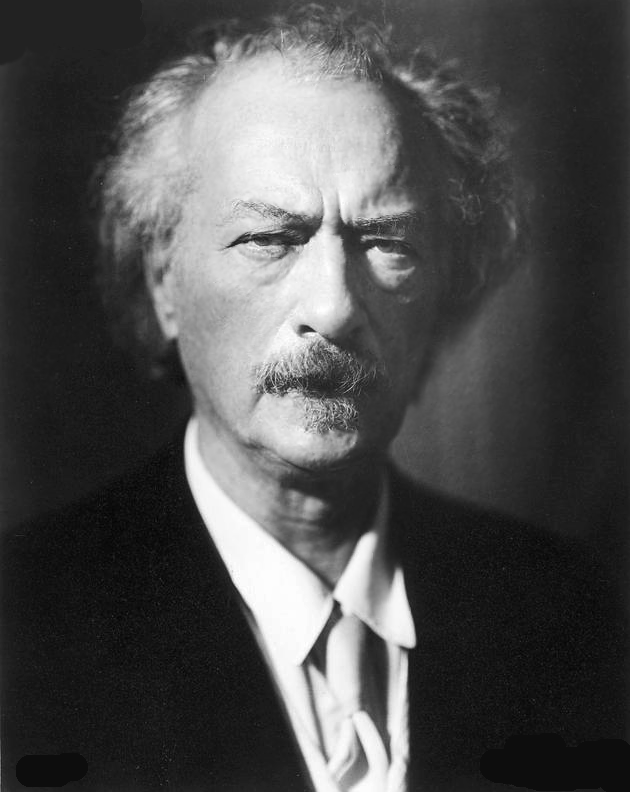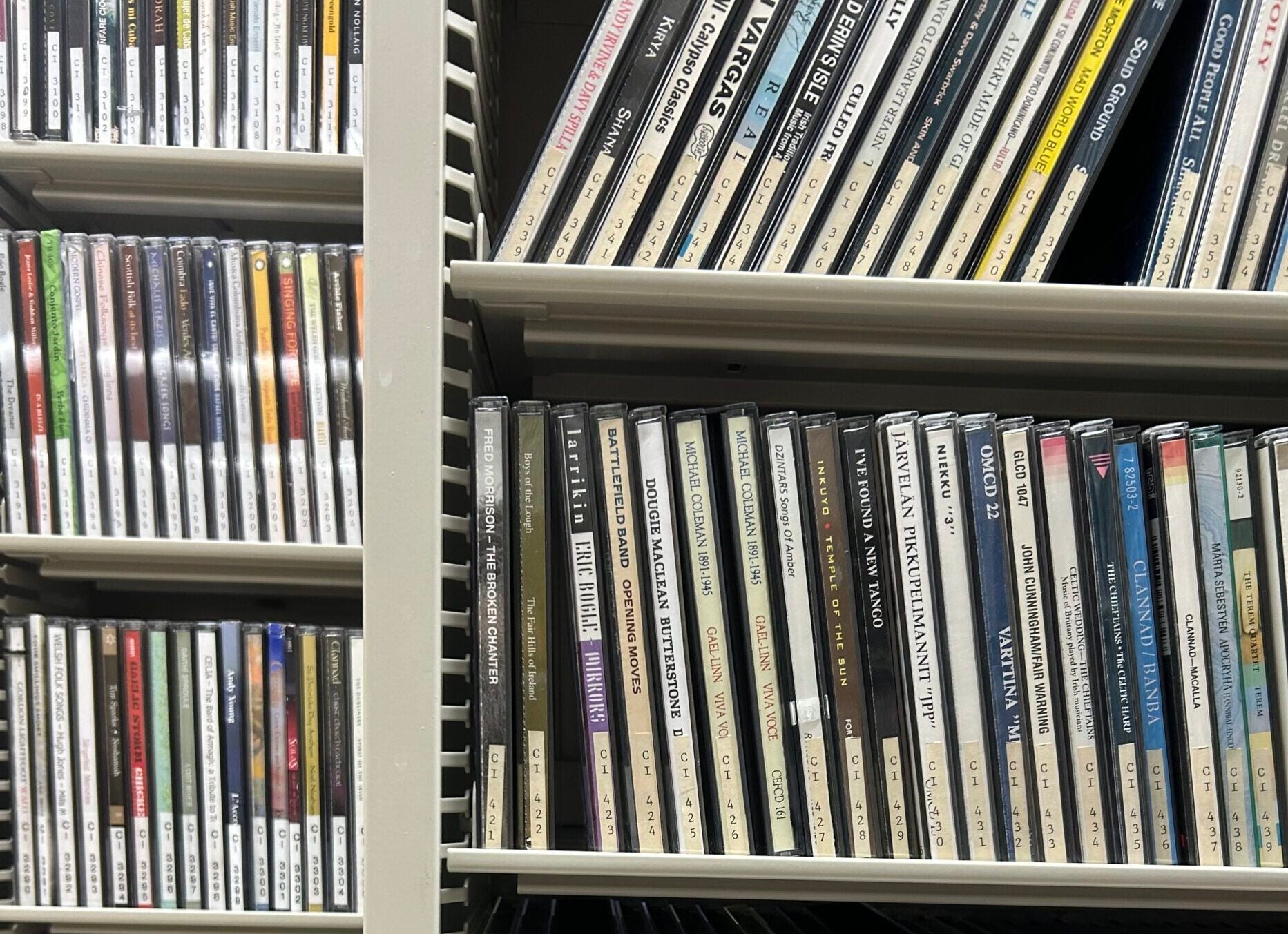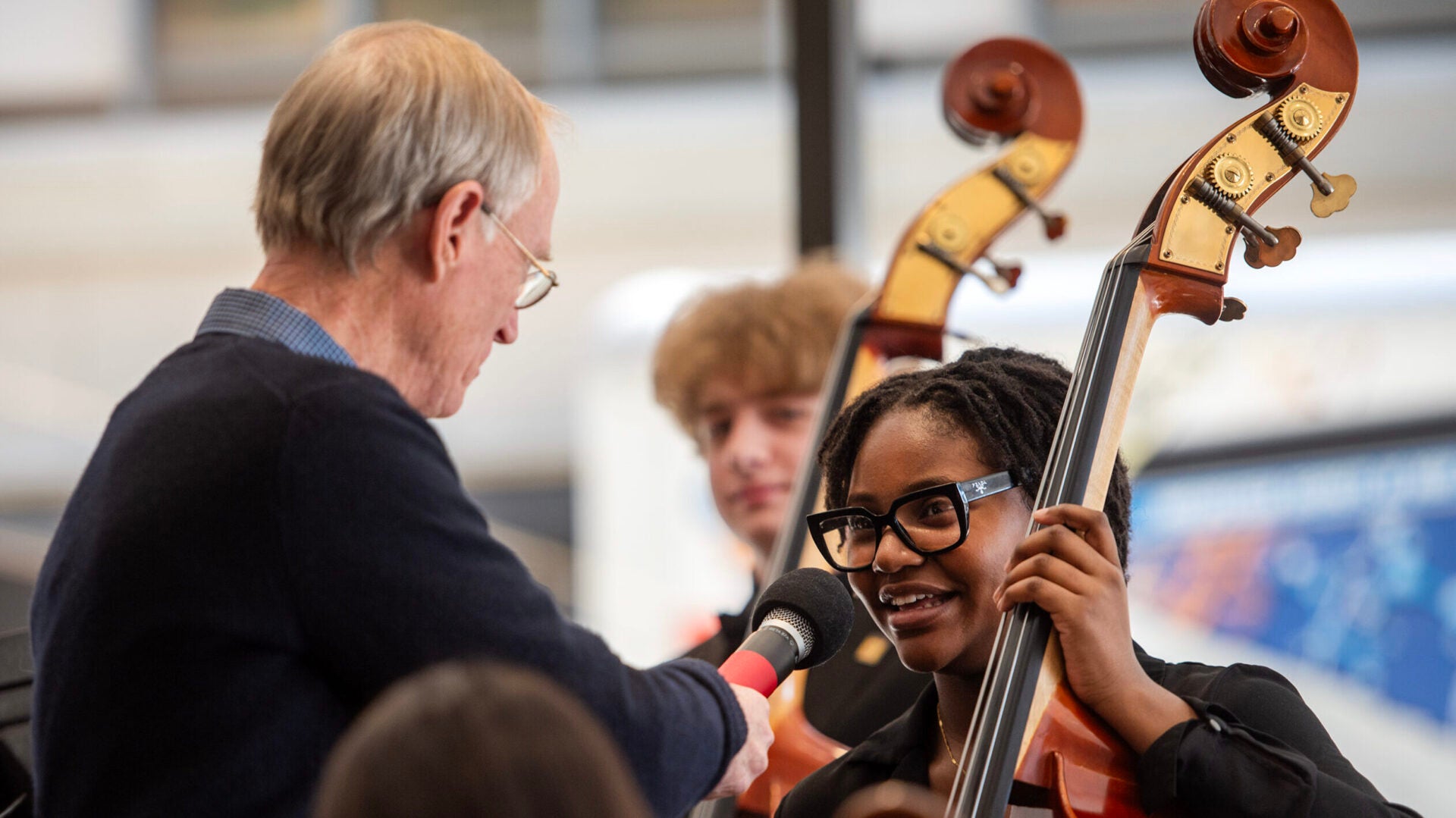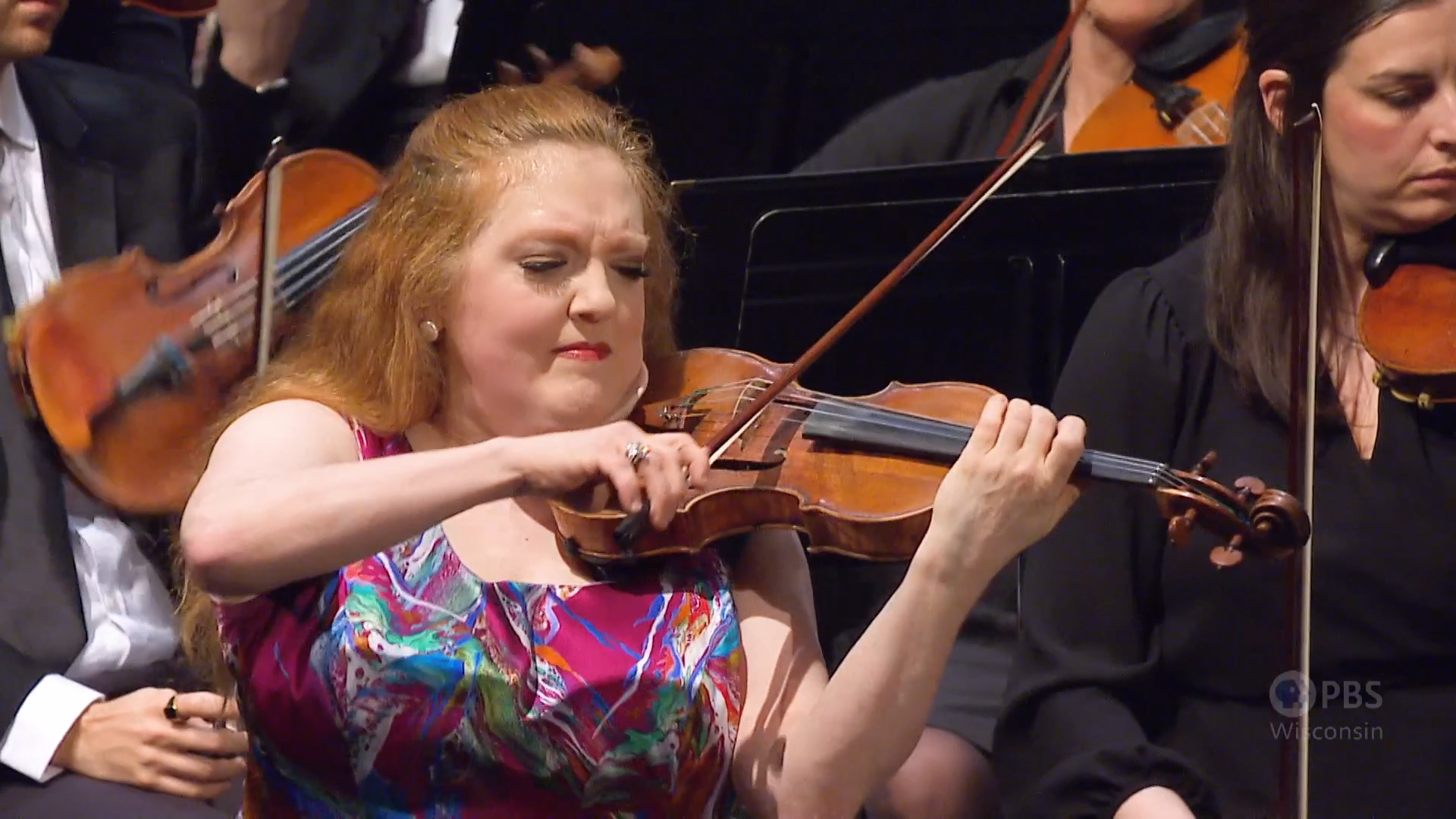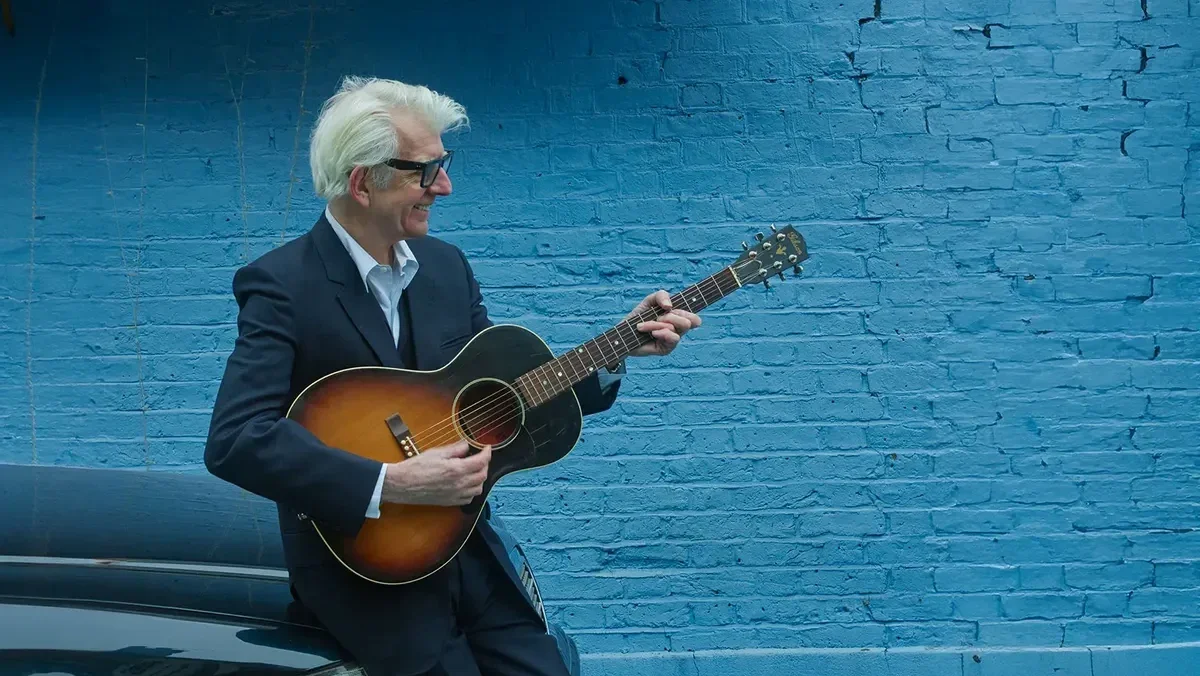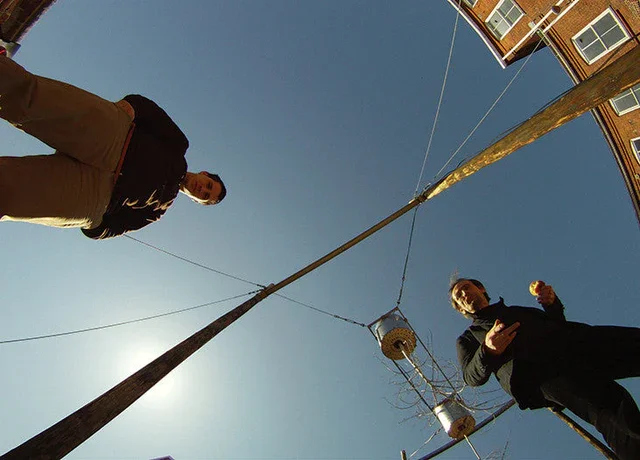The young American composer Daniel Gregory Mason had come to Boston to interview the great pianist and composer Ignace Jan Paderweski for Century Magazine. There was trouble from the start.
Mason made the appointment through Paderewski’s secretary and arrived at Paderweski’s hotel on time for the 11:30 lunch appointment and asked for the secretary. He was told that the secretary was out, so Mason waited impatiently in the hotel lobby–until nearly two o’clock. Little did he know that upstairs, all the while, Paderewski was getting more and more aggravated by Mason’s tardiness.
Finally Mason went up to see Paderewski directly. The master was cordial enough, but his wife was cold and standoffish, piqued that Paderewski had delayed his lunch for two-and-a-half hours while waiting for him.
News with a little more humanity
WPR’s “Wisconsin Today” newsletter keeps you connected to the state you love without feeling overwhelmed. No paywall. No agenda. No corporate filter.
Mason felt awkward and self-conscious. Hoping to salvage the day, he complimented Paderewski on his “Variations and Fugue on an Original Theme.” Then he added: “Just so you don’t think that’s empty flattery, I’ll tell you frankly that I do not care so much for some of your early pieces.”
Paderewski’s wife gave Mason a stony look. “What pieces? What do you not care for?”
Mason got in deeper. “Well, for example, I do not care so much for the A minor Concerto.”
Her gaze was unwavering. “The concerto is one of my favorites among my husband’s compositions. I love it more and more.”
Valiantly, Mason charged on, saying that the concerto was a fine composition, but not so strong as rugged as the Variations, and he went on to compliment their French impressionism.
Now Paderewski himself spoke. “I utterly repudiate any debt to French impressionism. I do not believe in the modern French school, because it is not founded in tradition. It is erratic, bizarre, wayward.”
And so it went until Mason ventured to show Paderewski the first movement of his new violin sonata. Paderewski shook hands with him about eight times as he read through the sonata, singing the melody and exclaiming ‘beautiful!’ Finally, with his music, Daniel Gregory Mason had won over the master.
Wisconsin Public Radio, © Copyright 2026, Board of Regents of the University of Wisconsin System and Wisconsin Educational Communications Board.

